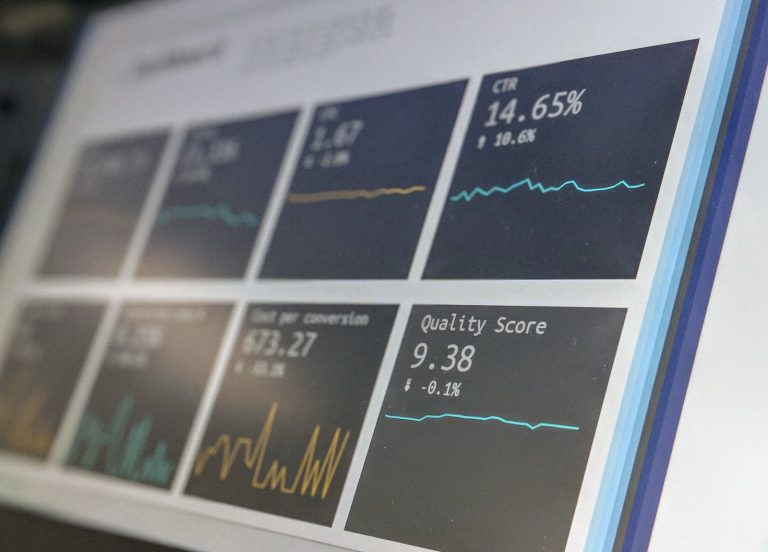Working from home offers flexibility and convenience, but it also presents unique challenges in managing time effectively. Without the structure and accountability of a traditional office environment, remote workers can easily fall into the trap of procrastination and poor time management. In this article, we will explore practical strategies and techniques to help you effectively manage your time while working from home. By implementing these strategies, you can maintain productivity, meet deadlines, and achieve a healthy work-life balance.
- Set Clear Goals and Priorities: Start by setting clear goals and priorities for each day. Define what you want to accomplish and break it down into actionable tasks. Create a to-do list or use a task management tool to keep track of your tasks and deadlines. Prioritize your tasks based on importance and urgency. This will help you stay focused and ensure that you allocate your time and energy to the most critical activities.
- Establish a Routine: Creating a routine is essential for effective time management while working from home. Set regular working hours and stick to them as much as possible. This will help you establish a sense of structure and discipline. Start your day with a morning routine that includes activities like exercise, meditation, or planning your day. This will help you transition into work mode and set a positive tone for the day.
- Create a Dedicated Workspace: Designating a specific area in your home as your workspace can help you maintain focus and productivity. Set up a comfortable and well-equipped workspace with a desk, chair, and necessary tools. Ensure that your workspace is free from distractions and has good lighting. When you enter this space, it signals to your brain that it’s time to work, helping you stay focused and avoid distractions.
- Minimize Distractions: Working from home can be full of distractions, such as household chores, social media, or family members. Minimize distractions by creating boundaries and establishing rules. Communicate with your family members or roommates about your working hours and request their cooperation. Turn off notifications on your phone or use apps that block distracting websites during work hours. Consider using noise-canceling headphones or playing background music to drown out distractions.
- Practice Time Blocking: Time blocking is a technique where you allocate specific time blocks for different tasks or activities. This helps you create a structured schedule and ensures that you dedicate focused time to each task. Identify your most productive hours and allocate them to your most important and challenging tasks. Use a calendar or a time management tool to visually block out your time and create a clear schedule. Remember to include breaks and time for self-care to maintain productivity and prevent burnout.
- Use Productivity Tools: Leverage productivity tools and apps to streamline your work and manage your time effectively. There are various tools available that can help you with task management, project tracking, time tracking, and collaboration. Some popular productivity tools include Trello, Asana, Toggl, and RescueTime. Explore different tools and find the ones that align with your needs and preferences. These tools can help you stay organized, track your progress, and enhance your overall productivity.
- Take Regular Breaks: Taking regular breaks is essential for maintaining focus and productivity. Schedule short breaks throughout your workday to rest and recharge. Use this time to stretch, take a walk, or engage in activities that help you relax and clear your mind. Avoid the temptation to work continuously without breaks, as it can lead to burnout and decreased productivity. Remember, breaks are not a waste of time but rather an investment in your overall well-being and productivity.
- Practice Effective Communication: Communication is crucial when working remotely. Establish clear communication channels with your team or colleagues to ensure effective collaboration and coordination. Use tools like email, instant messaging, or video conferencing to stay connected. Set expectations regarding response times and availability to avoid misunderstandings. Effective communication helps minimize delays and ensures that everyone is on the same page, enhancing productivity and efficiency.
- Learn to Say No: As a remote worker, it’s important to learn to say no to tasks or requests that do not align with your priorities or workload. Be realistic about your capacity and avoid overcommitting yourself. Politely decline requests that would derail your focus or overwhelm your schedule. By saying no to non-essential tasks, you can protect your time and energy for the most important and impactful work.
- Reflect and Adjust: Regularly reflect on your time management practices and evaluate what is working and what needs adjustment. Assess your productivity, identify areas for improvement, and make necessary changes. Experiment with different techniques and strategies to find what works best for you. Remember, effective time management is a continuous process of learning and adaptation.
Conclusion, Effectively managing your time while working from home is crucial for maintaining productivity and achieving a healthy work-life balance. By setting clear goals, establishing a routine, minimizing distractions, practicing time blocking, and leveraging productivity tools, you can optimize your time and accomplish more in your remote work environment. Remember to take regular breaks, communicate effectively, learn to say no, and reflect on your time management practices to continuously improve. With these strategies, you can thrive in your remote work setup and enjoy the benefits of flexible work arrangements.




